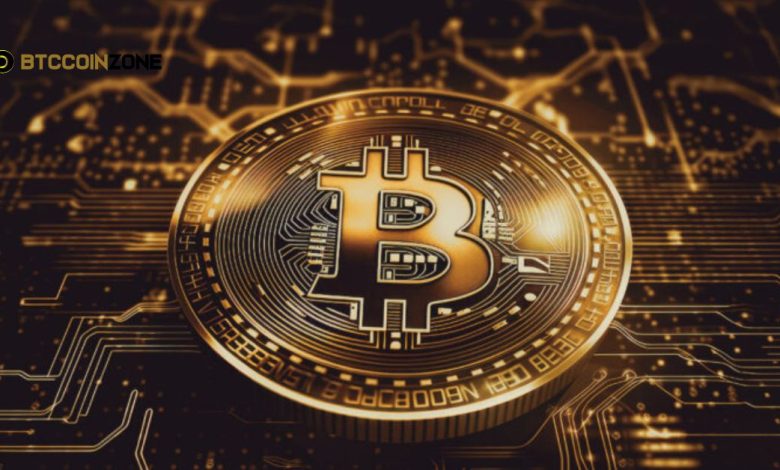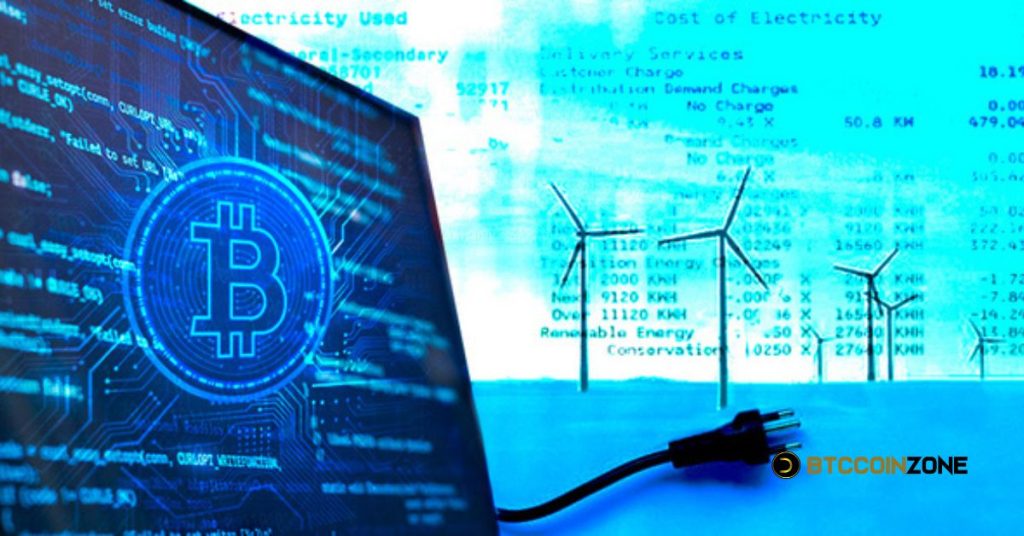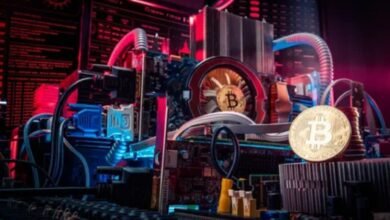Bitcoin Mining Pro & Comprehensive Guide

Bitcoin Mining Pro: Since its launch in 2009, Bitcoin mining has seen substantial changes. At first, it was something that people did in their spare time using simple computers. The modern Bitcoin mining industry is cutthroat and resource-intensive, necessitating specialized gear, large initial investments, and reliable, low-cost power. An examination of Bitcoin mining from a professional perspective, with an eye toward recent developments in the field, economic factors, and the industry’s potential for growth, is presented in this article. To round off our coverage of this dynamic and intricate industry, we’ll also answer five often-asked questions (FAQs) on Bitcoin mining.
Comprehending Bitcoin Mining
The process of creating new bitcoins and adding them to the blockchain—a public ledger that keeps track of every transaction made on the Bitcoin network—is known as bitcoin mining. Miners employ powerful computers to solve intricate mathematical problems called cryptographic hashes to verify and protect transactions. The “block reward” is the quantity of freshly created bitcoins awarded to the first miner to solve the riddle. Miners are encouraged to contribute their processing power to the network and maintain its security by this payment.
The mining process requires a lot of computer power and is energy-intensive. As more miners join the network, it becomes increasingly challenging to mine fresh bitcoins, and the riddles become more difficult. Bitcoin Mining Pro: As a result, specialized hardware known as Application-Specific Integrated Circuits (ASICs) has been created with the intention of mining Bitcoin.
Evolution of Bitcoin Mining
Bitcoin mining in its early days may be done with a standard CPU or GPU. It was formerly economical to mine with general-purpose gear, but mining became increasingly difficult as the network expanded and more miners joined. As a result, application-specific integrated circuits (ASICs) were developed, which are specialized computers designed to mine Bitcoin.
Application-specific integrated circuits (ASICs) require less power than CPUs and GPUs but have a higher hash rate. However, ASICs allowed professional miners to run huge mining farms with thousands of units. Massive companies in low-power countries like the US, Russia, and China control Bitcoin mining. Bitcoin Mining Pro: These mining farms, usually in industrial warehouses, require cooling, power, and security systems.
Professional Bitcoin Mining Essentials
Bitcoin mining requires specific equipment and tactics for profitability and sustainability. ASIC miners are vital for Bitcoin mining due to their efficiency and hash rates. Joining pools of resources increases miners’ chances of winning. Equipment longevity and overheating prevention require effective cooling solutions. Low-cost electricity is vital to profitability. Protecting mining operations from theft and cyberattacks with strong physical and digital security measures ensures their survival and success.

- ASIC Miners: The backbone of professional Bitcoin mining operations, ASIC miners are specialized devices designed specifically for mining cryptocurrencies. They offer high efficiency and hash rates, making them essential for competitive mining.
- Mining Pools: Due to the increasing difficulty of mining, individual miners often join mining pools, combining their computational power with other miners to increase their chances of solving a block. The rewards are then distributed among the pool members based on their contributions.
- Energy Consumption: Bitcoin mining is energy-intensive, and electricity costs are a significant factor in the profitability of mining operations. To reduce costs, miners often seek locations with low electricity rates or renewable energy sources.
- Cooling Systems: Mining hardware generates a lot of heat, and efficient cooling systems are necessary to prevent overheating and ensure the longevity of the equipment. This is especially important in large-scale mining operations.
- Security: Mining farms are valuable targets for theft and cyberattacks. Professional mining operations invest in physical security measures, such as surveillance cameras and guards, and cybersecurity measures to protect their operations.
Economic Considerations in Bitcoin Mining
Several factors, including the price of Bitcoin, the block reward, the mining difficulty, electricity costs, and the efficiency of the mining hardware, influence the profitability of Bitcoin mining.
- Bitcoin Price: Bitcoin price is a critical factor in determining mining profitability. When the price of Bitcoin is high, miners can earn more from the block rewards and transaction fees. However, when the price drops, mining profitability decreases, leading some miners to shut down their operations.
- Block Reward: The block reward is the amount of new bitcoins awarded to the miner who solves the puzzle. It halves approximately every four years in an event known as the “halving.” The most recent halving occurred in May 2020, reducing the block reward from 12.5 bitcoins to 6.25 bitcoins. The next halving is expected in 2024.
- Mining Difficulty: The mining difficulty adjusts approximately every two weeks to ensure that blocks are mined every 10 minutes on average. The difficulty increases as more miners join the network, making it harder to mine new bitcoins.
- Electricity Costs: Electricity is one of the most significant expenses in Bitcoin mining. Miners often seek locations with cheap electricity to maximize their profits. In some cases, miners have partnered with renewable energy providers to reduce costs and minimize their environmental impact.
- Hardware Efficiency: The efficiency of the mining hardware is crucial in determining profitability. ASIC miners with higher hash rates and lower power consumption are more profitable, as they can generate more bitcoins while consuming less electricity.
Bitcoin Mining Technology Advances
- ASIC Development: The development of more powerful and efficient ASIC miners is a key factor in the evolution of Bitcoin mining. Manufacturers such as Bitmain, MicroBT, and Canaan continuously release new models with improved hash rates and energy efficiency.
- Mining Software: Advances in mining software have improved mining operations’ performance and stability. Software such as CGMiner, BFGMiner, and NiceHash allow miners to optimize their hardware, monitor performance, and manage multiple machines from a single interface.
- Mining Pools: The development of mining pools has allowed individual miners to participate in the Bitcoin network and earn rewards, even if they do not have the resources to operate a large-scale mining farm. Mining pools distribute the rewards among their members based on their contribution to the pool’s hash rate.
- Renewable Energy: As concerns about Bitcoin mining’s environmental impact grow, some mining operations are turning to renewable energy sources, such as hydroelectric, solar, and wind power, to reduce their carbon footprint and lower electricity costs.
- Decentralization Efforts: The concentration of mining power in a few large operations has raised concerns about centralization and the security of the Bitcoin network. Efforts are being made to decentralize mining by promoting smaller-scale operations and encouraging alternative consensus mechanisms, such as proof-of-stake.
The Future of Bitcoin Mining
As ASIC and mining software innovation continues, mining operations should become more efficient and profitable. New technologies like quantum computing could also change mining. Cryptocurrency and mining regulation is growing worldwide. Energy, taxation, and environmental regulations may affect Bitcoin mining. Bitcoin Mining Pro: The enormous energy usage of Bitcoin mining operations raises concerns about its environmental impact.

Renewable energy and energy-efficient mining technologies are expected to help address these issues. However, Mining power in a few large operations may compromise Bitcoin network security and decentralization. Decentralization efforts like alternate consensus procedures and support for smaller-scale mining are expected to continue. Bitcoin price, block reward, mining difficulty, and electricity expenses will determine Bitcoin mining profitability. Mining companies must adapt to economic and technical changes to stay competitive.
Also Read: Cloud Mining Bitcoin in 2024 & Comprehensive Guide
In Summary
The mining of Bitcoin has evolved into a highly competitive and resource-intensive market. Recent developments in specialized hardware, the proliferation of large-scale mining operations, and the increasing intricacy of the Bitcoin mining process have all contributed to the industry’s meteoric rise. New regulations, ecological worries, and the never-ending decentralization discussion beset Mining Bitcoin. Bitcoin Mining Pro: To be competitive, miners must adjust to shifting economic conditions and new technologies. Despite all the changes and expansions happening on the Bitcoin network, mining is still essential to keeping it secure and stable.
(FAQs)
What is Bitcoin mining?
Bitcoin mining is the process of creating new bitcoins and validating transactions on the Bitcoin network. Miners use specialized hardware to solve complex mathematical puzzles, and the first miner to solve the puzzle is rewarded with newly minted bitcoins.
Is Bitcoin mining profitable?
The profitability of Bitcoin mining depends on several factors, including the price of Bitcoin, the block reward, mining difficulty, electricity costs, and hardware efficiency. While mining can be profitable, it also involves significant risks and costs.
What hardware is needed for Bitcoin mining?
Bitcoin mining requires specialized hardware, ASIC miners, designed specifically for mining cryptocurrencies. ASIC miners offer high hash rates and energy efficiency, making them essential for competitive mining.
How does mining difficulty affect Bitcoin mining?
Mining difficulty adjusts approximately every two weeks to ensure that blocks are mined every 10 minutes on average. As more miners join the network, the difficulty increases, making it harder to mine new bitcoins and affecting profitability.
What are the environmental concerns associated with Bitcoin mining?
Bitcoin mining is energy-intensive and has raised concerns about its environmental impact, particularly due to the high electricity consumption of mining operations. To address these concerns, renewable energy sources and developing more energy-efficient mining technologies are being explored.




